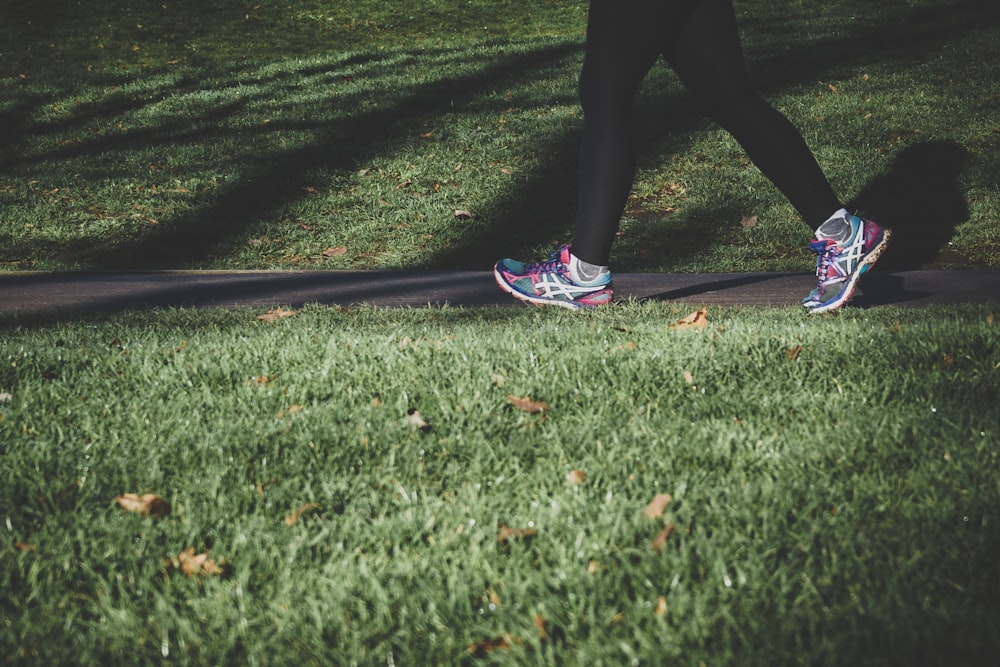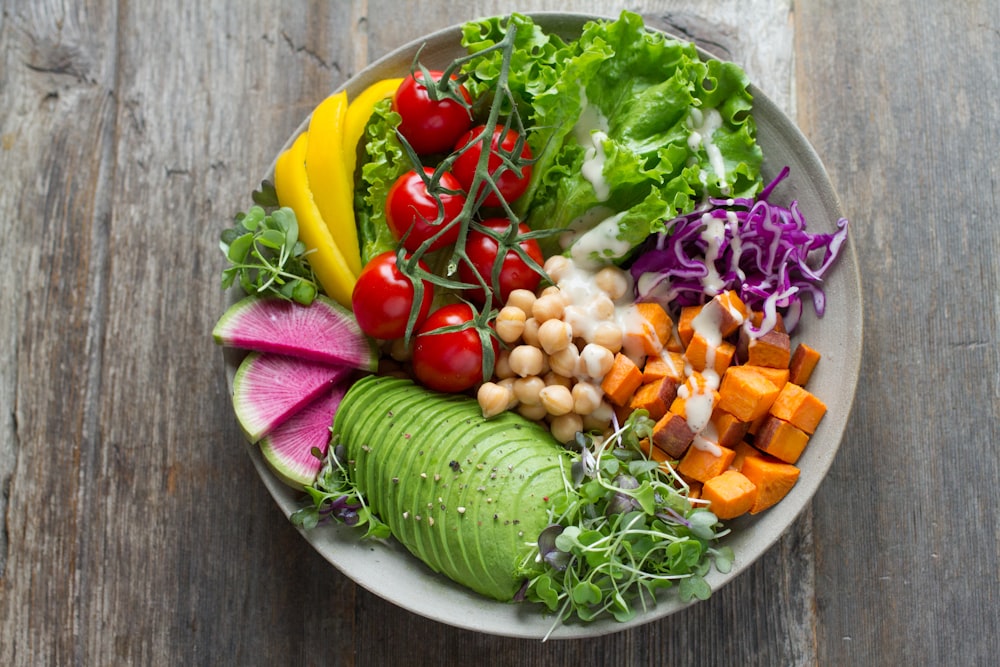In the course of a period, the uterus contracts, forcing the lining away from the uterine wall and out through the vaginal opening. These contractions, commonly referred to as cramps, can be painful or inconvenient.
Most women suffer cramps in their lower abdomen throughout menstruation, but the pain can also extend to the upper thighs, groin, and lower back. Menstrual cramps are most unpleasant at the start of a period and grow less so as the days pass.

Menstrual cramps can be relieved with a variety of home treatments, including the following:
Apply heat to your stomach
The abdominal muscles can be relaxed and cramps relieved by placing a heating pad or a hot water bottle against them. Heat relaxes the uterine area and the muscles around it, reducing cramping and pain.
Back discomfort can also be relieved by placing a hot water bottle on the lower back. Another approach is to induce muscle relaxation in the back, abdomen, and legs by soaking in a warm bath.
Engage in moderate exercise
While exercise might be the last thing on many women’s minds when they have cramps, it can offer some relief. If someone is experiencing pain, vigorous exercise may not be therapeutic, but going for a stroll, mild stretching, or doing yoga may be helpful.
Endorphins, which relieve pain naturally, are also released during exercise. Menstrual cramps were reduced in research participants after 12 weeks of twice-weekly yoga courses, according to a Taiwanese study.
Get an orgasm
Menstrual cramps may be relieved by an orgasm, since the uterus contracts and then releases during orgasm. This can help reduce the severity of menstrual cramps. An orgasm, similar to exercise, produces endorphins and other pain-relieving substances, making a person feel wonderful.
Explore acupuncture
Acupuncture has been proven to alleviate menstruation cramps in studies. This treatment has the potential to relieve inflammation while also generating endorphins and assisting patients in relaxing. A continuous regimen of acupuncture is more advantageous than a single session.
Abdominal massage
Receiving a massage or self-massaging the abdomen can also help to relax the pelvic muscles and relieve discomfort. Coconut oil, massage oil, or body lotion can be gently rubbed into the skin to aid this process.
Use essential oils to massage the abdomen
For people suffering from menstrual cramps, massaging the abdominal area with essential oils may be beneficial. These oils, as per a 2015 analysis, may assist a person control cramp symptoms:
- Rosemary
- Roman chamomile
- Clary sage
- Peppermint
For an efficient abdominal self-massage, one can mix a few drops of at minimum one of these essential oils with a carrier oil.
Consider making dietary adjustments
Menstrual cramps can be alleviated by making dietary modifications. A healthy diet includes vegetables, fruits, omega-3 fatty acids, whole grains, nuts, and lean proteins.
Increasing your fluid intake will help you stay hydrated and reduce pain since muscle cramps are frequently caused by dehydration. Herbal teas are calming and warming, and the herbs themselves can be therapeutic in some circumstances.
Medications that are available over-the-counter can be used
If natural home remedies fail to ease pain, an over-the-counter pain medicine such as ibuprofen or aspirin can be used. Inflammation, pain, and period cramps can all be relieved with these drugs. It’s critical to follow the dosage instructions on the bottle and consult a doctor if the prescribed dose isn’t enough to alleviate menstruation cramps.
When should you see a doctor?
If home remedies do not relieve cramps or if the cramping is particularly severe, a person should consult a doctor. To address the symptoms, a doctor may recommend various home remedies or prescribe pharmaceuticals such as birth control pills or certain forms of pain relievers.
Other symptoms to seek medical attention for include:
- extremely heavy bleeding
- cramps that worsen over time or with age
- extreme pain or discomfort
- cramps that interfere with normal living
These symptoms could indicate an underlying illness for which a doctor can recommend a treatment plan.


